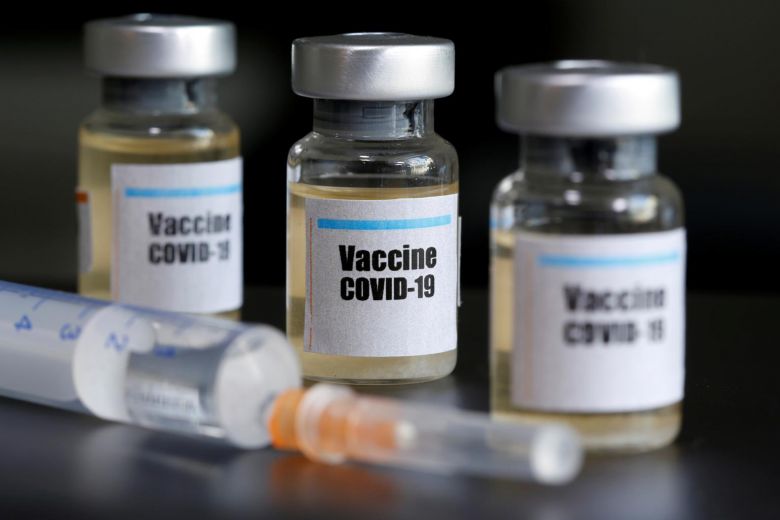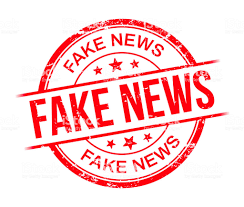Public health experts have applauded the companies’ rapid development of a vaccine, and early results have been promising. But in recent weeks, they have grown worried as Mr. Trump and his allies have begun talking about a vaccine that could be ready before the election on Nov. 3.
Even as companies are competing to be the first to bring a coronavirus vaccine to market, they must navigate perilous political terrain. If they are among the first to bring a successful vaccine to market, they could earn major profits and help rehabilitate the image of an industry battered by rising drug prices.
But if a vaccine turns out to have dangerous side effects for some people, the fallout could be catastrophic, damaging their corporate reputations, putting their broader portfolio of products at risk and broadly undermining trust in vaccines, one of the great public health advances in human history.
In tweets and public comments, Mr. Trump has explicitly tied his re-election fortunes to a vaccine, an idea detailed last week at the Republican National Convention, where promotional videos featured the administration’s efforts to fund and develop one in its crash program called Operation Warp Speed.
Trump campaign advisers have privately called a pre-election vaccine “the holy grail.”
Also last week, the Centers for Disease Control and Prevention sent letters to public health agencies around the country asking them to prepare for the possibility that a vaccine could be ready by late October or early November.
And on Friday, even as federal health officials had been tempering expectations about when a vaccine would be ready, Mr. Trump said one would “probably” be ready in October. Even the companies can’t see the results while the trials are underway, but he promised, “You are going to see results that are shockingly good.”
Just the day before, Dr. Moncef Slaoui, the top scientist on Operation Warp Speed, warned in an interview with National Public Radio that the chance of successful vaccine results by October was “very, very low.”
Scientists within the federal government and outside of it say they are dismayed by what they see as meddling by the Trump administration in the federal pandemic response, from the president’s misguided promotion of hydroxychloroquine as a treatment and his exaggeration of the benefits of convalescent plasma to the C.D.C.’s changing guidance on who should be tested.
Several top health officials have made it explicit in recent weeks that they would rather quit than be co-opted by the White House in approving a vaccine.
Dr Andrzej Jędrzej Samosiuk
Psycholog




